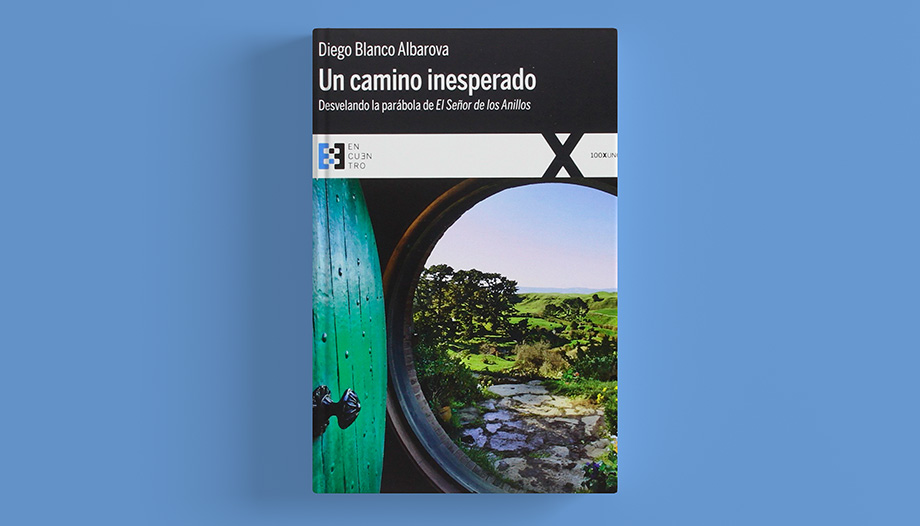The work of British writer J.R.R. Tolkien is once again in the news following the release of the series "The Rings of Power". A premiere that, by the way, has more to do with extracting juice from a profitable commercial franchise than a faithful reproduction of the universe created by this great philologist and writer. On this occasion I reread Diego Blanco Albarova's book, "An unexpected path, unveiling the parable of "The Lord of the Rings"."(Encuentro Publishing House), in which he analyzes Tolkien's work from the perspective of a Catholic author.
This analysis made by Diego Blanco, undoubtedly a great connoisseur and enthusiast of "The Lord of the Rings", has been addressed by several authors, since Tolkien's religiosity was undoubtedly one of the most shaping elements of his life and it is essential to take it into account if we want to analyze his work correctly. I recommend in this regard Caldecott's work, "The Power of the Ring", also from Encounter.
Differences with C. S. Lewis
Tolkien was a Catholic author, but to my mind, never intended to make a parable of his beliefs. through his work, as C.S. Lewis would do in "The Chronicles of Narnia". Rather this perspective was a matter of literary discussion between the two literary friends and Oxford professors. Tolkien intended, as he tells Milton Waldeman 'to create a body of more or less connected legends...'.
This mythological universe that Tolkien wants to create has a Christian anthropology as a background, of the struggle between good and evil, of the reality of a spiritual being (Eru) who has created the universe, of a provident hand and of a meaning in history. But as I understand it, our author is not trying to raise a symbolic parallelism between Catholicism and his work, as Diego Blanco states in his book. Tolkien is simply a Catholic author who writes a colossal literary work and, therefore, transmits a Catholic view of reality. Just as it happened to Cervantes when he wrote "El ingenioso hidalgo don Quijote de la Mancha".
Now, it is true that the professor, when he creates his work, is mindful of the Catholic faith and makes it consistent with his work. He will be careful to construct a universe that is a faithful echo of God the Creator, but he will not anticipate any content of the Christian revelation. Tolkien, moreover, cannot avoid that elements as dear as the Eucharist or the Virgin Mary, have a reflection in his work. Galadriel and Elbereth will be two female Elvish characters that reflect, in some way, the Marian archetype. And it escapes no reader's notice that the bread of the elven way, the lembas, bears a resemblance to the Eucharist. Tolkien refers to this when he says that 'much greater things can color a mind when it deals with the minor details of a fairy tale' (letter 213).
As a creator Tolkien wrote a great work, a universe of his own, in which he left the imprint of his deeply Catholic being. We can follow the trail of its author, just as we discover traits of God in his creation, without necessarily falling into a literal symbolism. Therein lies, in my opinion, the great literary and, why not say it, evangelizing force of the old professor's work.








